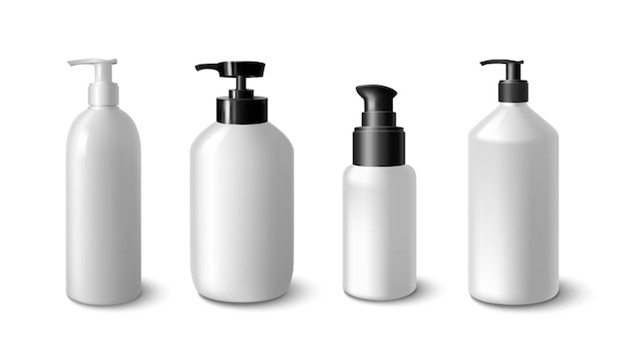
Now, scientists at The Chinese University of Hong Kong (CUHK) have developed an edible, transparent and biodegradable material with considerable potential for application in food packaging.
The heavy reliance on petrochemicals and inherent non-biodegradability of plastic packaging mean it has long been a significant contributor to environmental contamination. A team at CUHK have turned their attention to bacterial cellulose (BC) – an organic compound derived from certain types of bacteria which has garnered attention as a sustainable, easily available, and non-toxic solution to the pervasive use of plastics.
Professor To Ngai from the Department of Chemistry, CUHK and corresponding author of the study explained that the impressive tensile strength and high versatility of BC are the key to its potential.
Speaking to SCI, he said, 'Extensive research has been conducted on BC, including its use in intelligent packaging, smart films, and functionalised materials created through blending, coating, and other techniques. These studies demonstrate the potential of BC as a replacement for single-use plastic packaging materials, making it a logical starting point for our research.'
Unlike the cellulose found in the cell walls of plants, BC can be produced through microbial fermentation, which eliminates the need for harvesting trees or crops. Ngai noted that as a result, 'this production method does not contribute to deforestation or habitat loss, making BC a more sustainable and environmentally friendly material alternative to plant cellulose.'
Up until now, the widespread adoption of BC has been limited by its unfavourable sensitivity to moisture in the air (hygroscopicity), which detrimentally impacts its physical properties.
In the recent paper, published in the SCI Journal of the Science of Food and Agriculture, the researchers at CUHK lay out a novel approach to address the limitations of BC-based materials. By incorporating certain soy proteins into the structure and coating it with an oil-resistant composite, the scientists successfully created an edible, transparent, and robust BC-based composite packaging.
Ngai noted that this approach has a high feasibility for scale-up. 'It does not require specific reaction conditions like chemical reactions, but rather a simple and practical method with mixing and coating' he said.
'This approach offers a promising solution to the challenge of developing sustainable and environmentally friendly packaging materials that can replace single-use plastics on a large scale.'
The study demonstrated that the plastic alternative could be completely degraded within 1-2 months. Unlike other bio-derived plastics such as polylactic acid, the BC-based composite does not require specific industrial composting conditions to degrade.
Ngai explained, 'The material developed in this research is completely edible, making it safe for turtles and other sea animals to consume without causing aquatic toxicity in the ocean.'
The researchers at CUHK are now exploring the directions for future research. They hope to enhance the versatility of modified BC films, making them suitable for a wider range of applications. Specifically, they are focused on developing a thermosetting glue that can create strong bonds between bacterial cellulose, allowing it to be easily moulded into various shapes when heated.
'One of the main challenges with bacterial cellulose films is that they are not thermoplastic, which limits their potential for use in certain applications. By addressing this issue, we hope to make bacterial cellulose films more competitive with traditional plastics while maintaining their eco-friendliness,' explained Ngai.
Ngai hopes that the current study will help to combat the excessive use of single-use plastics, which can persist for hundreds of years after only a few days of being displayed on supermarket shelves.







